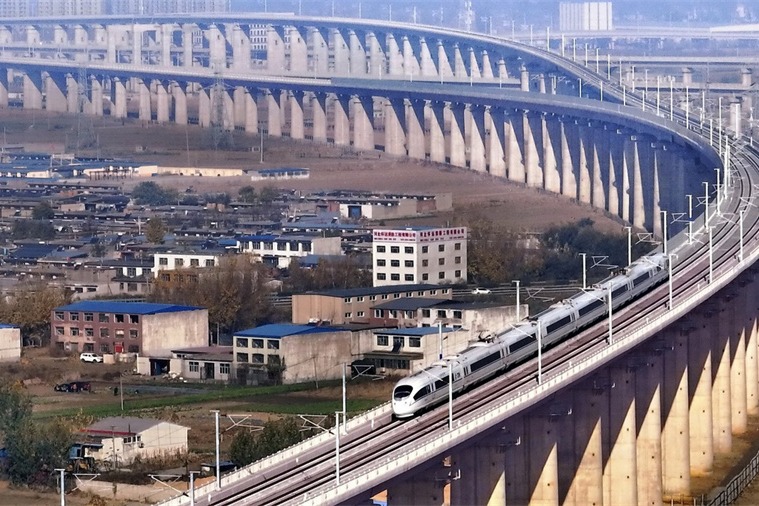Value of attending trade shows in China? Priceless

In China, nearly every product has a city that tells its story. Seeking the pulse of speakers and headphones manufacturing? Head to Shenzhen, Guangdong province, where innovation thrives in audio tech. Need firefighting trucks? Suizhou, Hubei province, roars with specialized vehicles, always ready for action.
For tents and camping gear that equip the wildest adventures, Ningbo, Zhejiang province, is the outdoorsy haven. And if it's the spark of a lighter you are after, Shaodong, Hunan province, flickers to life with a flame that fuels more than half the world's ignition needs.
With many Chinese manufacturers making efforts to upgrade the technology content and appearance of their products, a large number of foreign importers have become regular visitors to big-ticket trade shows and expos such as the China International Supply Chain Expo in Beijing and China Import and Export Fair (Canton Fair) in Guangzhou, Guangdong province, to seek the right items and build partnerships.
Instead of using business-to-business e-commerce platforms like Alibaba and Made-In-China, why do global buyers still travel thousands of miles to attend these trade fairs?
The answer is straightforward — China provides a powerful supply chain and abundant business opportunities. At these fairs, buyers can meet suppliers face-to-face, gaining firsthand insight into product features and benefits. They can negotiate prices in real time, express specific requirements and compare offerings to secure the best value.
Leveraging the extensive industrial and supply chain networks in the Beijing-Tianjin-Hebei region, the Yangtze River Delta region and the Guangdong-Hong Kong-Macao Greater Bay Area, buyers can seamlessly follow up their discoveries with on-site factory visits, boosting the efficiency and success of their purchasing decisions.
These trade fairs aim not only to help overseas buyers close deals, but also to expand their businesses and enhance their competitiveness. In recent years, showcased products have evolved from traditional export products such as clothing, home appliances and furniture, to electric vehicles, lithium-ion batteries and solar panels.
Additionally, many cutting-edge innovations like humanoid robots, smart devices and autonomous driving products have also made their debut in many expos in cities like Guangzhou, Shanghai, Beijing and Chengdu, Sichuan province, in recent years.
These fairs not only highlight Chinese manufacturers' innovation strength, but also provide global businesses with a broader platform to experience cutting-edge technology, stay ahead of industry trends and seize market opportunities.
To better conduct business with China, foreign buyers have been flocking to the country in large numbers in recent years. For example, you can easily find and visit many authentic Indian, Turkish and Greek restaurants in Yiwu, Zhejiang province; elevator floor signs written in Arabic in numerous hotels in Guangzhou; a German-style street in Taicang, Jiangsu province; as well as more language versions on the service website of the Shanghai municipal government.
In addition to the benefits foreign buyers have gained, for many multinational corporations, thriving in China's huge market relies on an innovative, resilient supply chain and smooth coordination across the entire value chain. These factors are essential for achieving sustainable growth and long-term success.
Leveraging China's strengths in advanced supply chains — from robust logistics infrastructure and large-scale production capabilities to competitive pricing strategies — many global companies are ramping up their investments in the country. This trend is especially notable in research and development, high-tech manufacturing and service trade sectors.
In this context, for these efficiency-driven multinational companies, the areas with the densest networks become their top priority for strategic deployment. This is closely tied to factors such as industry connectivity, complementarity and accessibility.
Strong connectivity is certainly not established overnight. It develops through sustained cooperation, mutual reliance and shared interests. China's commitment to openness has been instrumental in integrating itself within global supply, industrial and value chains. This openness remains a vital strategy for navigating the rapid reshaping of global supply chains and securing future growth.



































